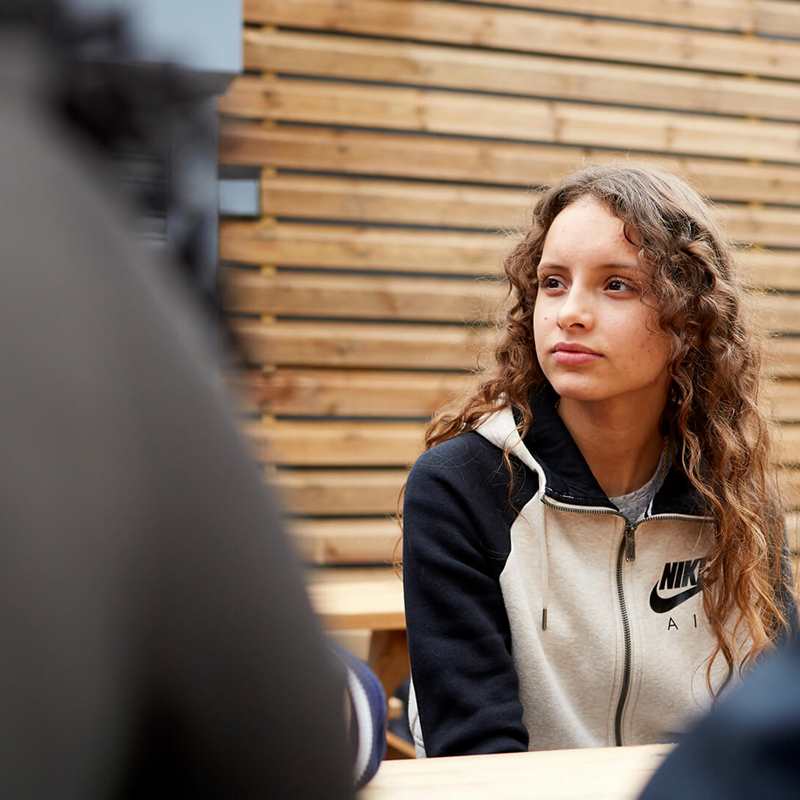What is abuse?
Abuse is often about power and the person who abuses you uses that power to get you to do things you don’t want to do. It is hurtful either mentally or physically. Sexual abuse includes being touched, kissed or forced to have sex against your will and often by someone older than you.
Abuse isn’t always carried out by a stranger and can be someone you know, which can make it feel hard to speak out about. Because they are known to you, if your family or others close to you don’t know about the abuse, they will think it is safe to leave you with this person. This is why they need to know as soon as possible.
Abuse is always wrong. If you tell someone, they can help to make it stop.
There are different types of abuse:
-
Physical
Being hurt by someone for no reason
-
Mental or emotional
Being treated badly, such as consistently being ignored or criticised
-
Verbal
Saying, shouting or writing horrible things
-
Neglect
Not being looked after and kept healthy
-
Child sexual abuse
Being touched where you shouldn’t be or forced to take part in sexual activity
Why you must get help
Abuse is always wrong and must be stopped. Apart from being horrible while it is happening, it can affect your life. Speaking out as soon as you can makes it less likely for you to have problems later.
If you have been abused you may:
- be wary of adults
- find it hard to trust people
- have problems developing relationships
- have difficulty concentrating
- find that you are more irritable or emotional
- do worse at school
- have difficulties with trust when entering sexual relationships in the future
- have low self-esteem, become depressed or anxious
- be vulnerable to self-harm
Having one or more of these issues isn’t necessarily the result of abuse; they can be caused by a number of things. But if you know you have suffered abuse, you should talk to your GP. They can spot if you are at risk of developing any of these problems and will be able to help you.

Getting help
Take the first step – you have to tell someone. Start with your family, but if the abuser is known to them you might want to speak to someone else you trust, like a teacher or your GP. Even if your GP knows this person they will be able to help you and they won’t break your confidence.
If you are in immediate danger call 999.
If you feel you can’t talk to people you already know, here are some services run by professionals who will know how to help you.
-
Childline
If you’re under 19 you can confidentially call, chat online or email about any problem big or small.
Sign up for a free Childline locker (real name or email address not needed) to use their free 1-2-1 counsellor chat and email support service.
Can provide a BSL interpreter if you are deaf or hearing-impaired.
Hosts online message boards where you can share your experiences, have fun and get support from other young people in similar situations.
- Opening times:
- 24/7
-
The Mix
Offers support to anyone under 25 about anything that’s troubling them.
Email support available via their online contact form.
Free 1-2-1 webchat service available.
Free short-term counselling service available.
- Opening times:
- 3pm - 12am, seven days a week
-
Victim Support
Offers support to anyone affected by crime; not only those who experience it directly, but also their friends, family and any other people involved.
Live webchat service available.
Offers specialist support for children and young people affected by crime through their website You & Co.
- Opening times:
- 24/7
-
Youth Access
Provides information about local counselling and advice services for young people aged 12-25.
You can find local services on their website.





